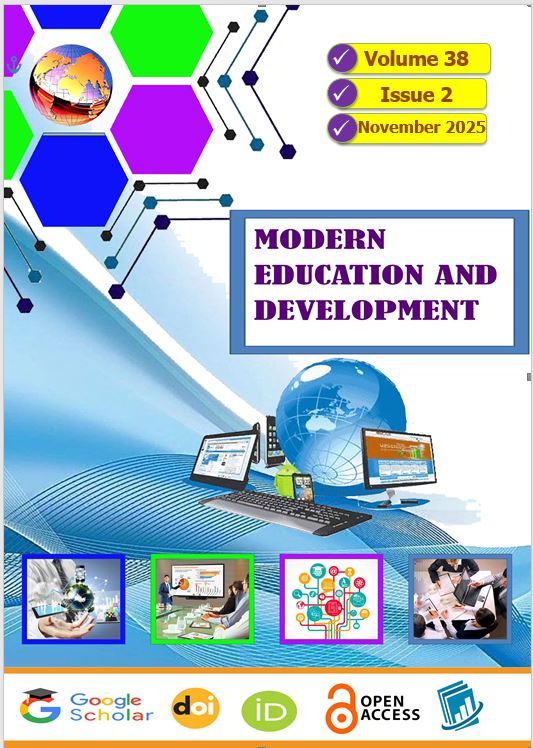THE PSYCHOLINGUISTIC TYPOLOGY OF MEDICAL DISCOURSE
Abstract
Medical discourse represents a specialized form of institutional communication in which cognitive complexity, emotional sensitivity, and professional responsibility converge. This article examines the psycholinguistic typology of medical discourse by analyzing its structural features, communicative strategies, and cognitive mechanisms. Particular attention is given to the ways in which healthcare professionals adapt linguistic forms to meet the informational, emotional, and pragmatic needs of patients with diverse levels of health literacy. The proposed typology offers an integrated framework for understanding how psycholinguistic strategies contribute to diagnostic accuracy, communicative efficiency, and patient-centered care. The findings highlight the essential role of psycholinguistic competence in contemporary clinical practice.

